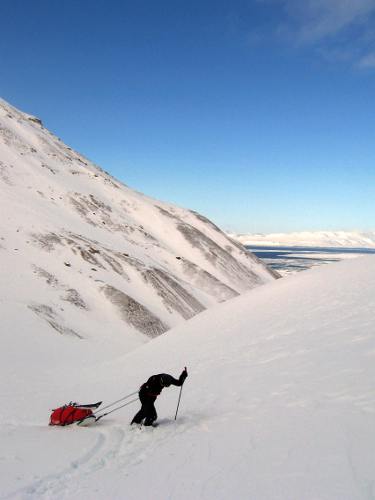
Just because someone has achieved great expedition feats it does not automatically make them a great person.
It is quite common to describe someone who has completed a great expedition as “an amazing person” or similar. I would dispute that assumption.
Such achievements should be rightly recognised and hailed for what they are: feats of physical or mental prowess and such like. In most instances, it would be reasonable to assume that the successes imply some impressive qualities in a person. But I don’t think it necessarily follows that this makes them a better person.
Achievement on an adventure often requires many admirable qualities: motivation, perseverance and determination to name a few.
But success can also be aided by other less favourable attributes: arrogance, selfishness and stubborness to name some others.
For most attributes however, including the positive ones – e.g. kindness, honesty, thoughtfulness – performance on an expedition will be entirely uncorrelated. I suspect a sample of Everest summiters is no more likely than anyone else to help a granny across a road or be polite when asked for directions. In other words, in most instances, there is no reason to assume that completing a big trip will have any bearing on someone’s desirable personality traits.
So hail all those who have conquered great mountains, oceans and ice caps as great expeditioners but don’t go assuming that makes them great in any other respect.
What do you think? Please do add your thoughts below…